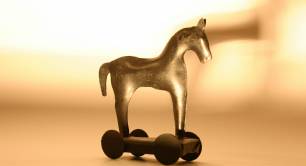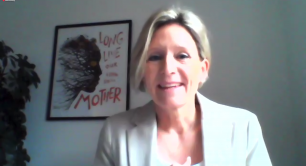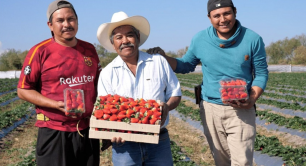Work hard to work together: how the transition to a circular economy needs active collaboration
Organisations need to collaborate with each other in order to build a circular economy, but they must be ready to put in the time and effort if they want to be successful.
This was the message from Siep Wijsenbeek, director of FIN, the trade association of Dutch charitable funds and corporate foundations, speaking at the C Summit on Thursday.
The circular economy is a new way of living, consuming and producing that remains within the boundaries of the earth's capacity, and which involves reducing, reusing and recycling materials. “In a way, we are borrowing from future generations, so if we want our children to have access to all these resources we need to change the way we work,” said Birgitta Kramer, program manager circular economy at the Goldschmeding Foundation, also speaking at the conference.
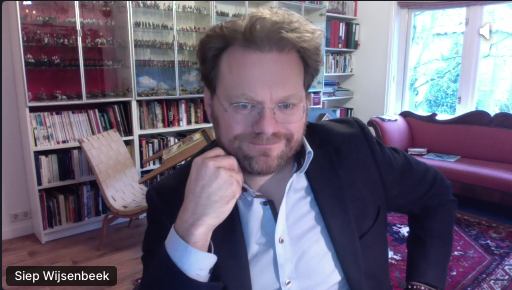 Working together is crucial to succeed in the transition towards a sustainable model, but how to achieve efficient collaboration between organisations – whether they are companies, philanthropic foundations, or public bodies – is not easy.
Working together is crucial to succeed in the transition towards a sustainable model, but how to achieve efficient collaboration between organisations – whether they are companies, philanthropic foundations, or public bodies – is not easy.
“You need energy, but directed energy,” said Wijsenbeek (pictured). Giving the example of Chantal Inen (also featured at the conference), founder and CEO of The Punchy Pack, a network which partners social entrepreneurs with foundations and investors to help them drive social and environmental change, Wijsenbeek said energy must be organised and directed to be successful.
You don’t necessarily have to have a shared interest, if you have a shared ambition, that works
The other necessary element to building fruitful collaboration is to identify all the different stakeholders and their interests. “You shouldn't underestimate the time and effort you need to make a good inventory about everybody’s stake and everybody’s agenda,” Wijsenbeek said. “Very often, people go and want to change something without listening to other stakeholders, and that doesn’t work. You may move very fast on your own, but you go much further in a group,” he added.
The interests and conflicts at stake in the transition to the circular economy are huge. Making sure they are all directed towards the same goal will make the difference between success and failure. Kramer (pictured) said: “You don’t necessarily have to have a shared interest – because people and organisations can come in a collaboration from different angles – but if you have a shared ambition, that works.”
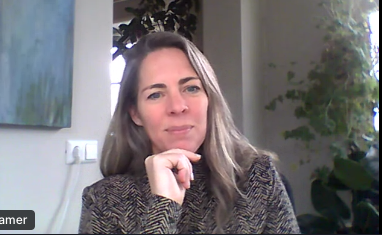 The transition to a circular economy cannot be achieved without the support of the government, said Wijsenbeek. “You have to liaise with them, and create this relationship, otherwise you’ll be nowhere,” he added.
The transition to a circular economy cannot be achieved without the support of the government, said Wijsenbeek. “You have to liaise with them, and create this relationship, otherwise you’ll be nowhere,” he added.
But the government is difficult to move and rarely thinks of philanthropic foundations as a potential actor to solve a wicked problem. “When the Dutch government drafted their strategy on circular economy, philanthropy wasn’t mentioned in the report. It wasn’t there at all,” said Wijsenbeek. “So we set up a meeting with the state secretary and we had all these large foundations at the table, and that really put an anchor in the relationship between us and the government.”
But that was only the first step. Dealing with the machinery of government – several ministries, ever-changing staff and political motives – doesn’t make the task easy. “If politics is that ‘circular economy is not important’, the government will do nothing because it won’t be a priority. So if you want to move the government in a certain direction, to get them to work with you, you need to invest a lot of time to get to know the right people and get the political pressure.”
Government lobbying is another area where foundations are good at working together: if a foundation lobbies on climate action for example, others can “piggy back on their efforts” said Wijsenbeek – by definition, philanthropic foundations are good at sharing, he added.
Pioneers Post is a media partner of the C Summit, which takes place online on 3-4 December. Find all our reporting from the event here.



